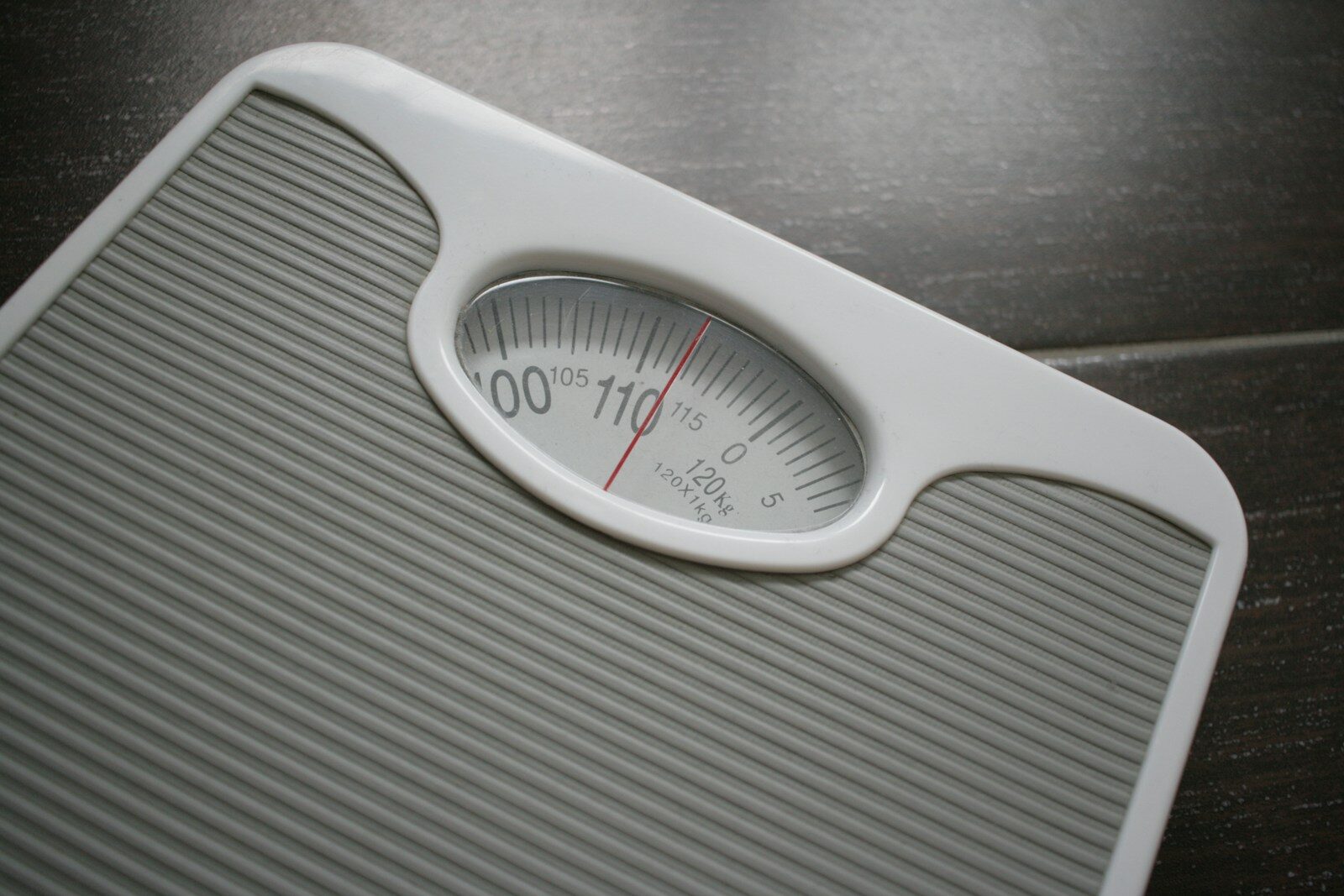Are you considering bariatric surgery? If so, you may have been advised to follow a bariatric liquid diet before the procedure, which is crucial for preparing your body for surgery. This article provides a comprehensive overview of everything you need to know about a bariatric liquid diet prior to surgery, including types of liquid diets, allowed foods, expected weight loss results, possible side effects, and tips for success. Whether you’re preparing for this surgery or simply curious about the process, this guide will offer valuable insights to help you navigate your journey.
What Is a Bariatric Liquid Diet?
A bariatric liquid diet is a specialized eating plan that focuses on consuming primarily liquids while restricting solid food intake before undergoing weight loss surgery. This diet plays a crucial role in reducing the size of the liver and facilitating safer manipulation of abdominal structures during surgery.
Adhering to a bariatric liquid diet can enhance compliance with pre-surgery dietary guidelines and improve surgical outcomes. For instance, patients often experience significant weight loss, which can make them better candidates for surgery and reduce the risks of complications during the procedure. At local facilities like the Colorado Bariatric Surgery Center, we see many patients successfully navigate this dietary phase, setting the stage for better surgical experiences.
Types of Bariatric Liquid Diets
There are various types of bariatric liquid diets that may be recommended before surgery:
- Meal Replacement Shakes: These shakes provide essential nutrients while controlling calorie intake and help ensure adequate protein levels, which are crucial for preserving muscle mass during weight loss.
- Clear Liquids: This category includes clear broths, sugar-free gelatin, and specific clear juices that support hydration and provide minimal calories without solid food.
- Nutritional Supplement Drinks: Specially formulated drinks designed for preoperative patients offer necessary vitamins, minerals, and protein in liquid form.
Incorporating vitamin and mineral supplements into these diets is essential to prevent nutrient deficiencies and support overall health as your body prepares for surgery.
Benefits of a Bariatric Liquid Diet
The benefits of following a bariatric liquid diet before surgery are substantial:
- Weight Loss: A well-structured bariatric liquid diet can lead to considerable weight loss, which is often required to qualify for surgery.
- Improved Eating Patterns: This diet encourages healthier eating habits that can be sustained long-term, promoting ongoing weight management post-surgery.
- Enhanced Surgical Outcomes: Research indicates that patients who adhere to a bariatric liquid diet prior to surgery often experience fewer complications and faster recovery times. For example, studies from the American Society for Metabolic and Bariatric Surgery have shown that patients with reduced liver size typically have better surgical outcomes.
Risks of a Bariatric Liquid Diet
While there are numerous benefits, a bariatric liquid diet can also present certain risks:
- Nutritional Deficiencies: The restrictive nature of a liquid diet may lead to inadequate intake of essential nutrients, potentially affecting energy levels and hindering recovery post-surgery.
- Potential for Malnutrition: Inadequate calorie consumption could lead to malnutrition, which impacts the patient’s preparedness for surgery and recovery.
- Physical Discomfort: Some patients may experience increased hunger or cravings, making adherence challenging.
It’s crucial to work closely with healthcare professionals, including dietitians, to minimize these risks and ensure you receive adequate nutrition during this phase.
How to Follow a Bariatric Liquid Diet
Successfully following a bariatric liquid diet requires careful planning and adherence to a structured meal plan. Here are some essential strategies:
- Plan Your Meals: Create a schedule that includes a variety of liquids to meet nutritional needs.
- Choose Nutrient-Dense Options: Prioritize protein-rich liquids like shakes and clear broths, while avoiding high-calorie or sugary beverages.
- Stay Hydrated: Monitor your hydration levels to support overall health and facilitate your body’s transition to surgery.
- Consult a Dietitian: Engaging with a qualified dietitian can provide personalized guidance, ensuring you meet all your nutritional needs while adhering to the bariatric liquid diet.
By focusing on these strategies, you can better prepare your body for the upcoming surgery.
Foods Allowed on a Bariatric Liquid Diet
The foods permitted on a bariatric liquid diet typically include:
- Liquid Nutritional Supplements: These shakes or drinks are designed to provide balanced nutrition tailored for weight loss patients.
- Clear Broths: Rich in hydration and low in calories, clear broths can be a comforting choice.
- Protein-rich Liquids: Items like protein shakes and smoothie bowls are effective for meeting protein needs.
- Sugar-free Gelatin: This can provide a sweet taste and a feeling of fullness without adding calories.
It is crucial to adhere to dietary restrictions and consult your healthcare professional to ensure that the liquid diet adequately supports your body in preparation for surgery.
Foods to Avoid on a Bariatric Liquid Diet
Certain foods should be avoided to ensure adherence and optimize health:
- High-Calorie Liquids: Beverages like full-fat milkshakes or sweetened smoothies should be avoided to maintain calorie control.
- Sugary Beverages: Sodas, fruit juices with high sugar content, and other sugary drinks can lead to unwanted weight gain.
- Solid Food Items: Any solid foods should be strictly avoided to prevent complications during surgery and ensure the digestive system is adequately prepared.
By sticking to these guidelines, you can better manage your nutritional intake and prepare your body for surgery.
Duration of a Bariatric Liquid Diet
The duration of a bariatric liquid diet can vary but typically lasts from a few days to several weeks before the scheduled surgery. This period is essential for maximizing weight loss and ensuring the liver is adequately reduced in size to facilitate a safe surgical procedure.
During this time, it’s important to adhere closely to the prescribed liquid diet to achieve the best possible surgical outcomes. Regular consultations with healthcare providers can help you navigate any challenges during this phase.
Expected Weight Loss Results on a Bariatric Liquid Diet
Patients starting a bariatric liquid diet before surgery can generally expect significant weight loss, which is crucial for successful surgery and recovery. Adherence to the diet, alongside regular monitoring and support from healthcare professionals, can lead to weight loss results that not only facilitate the surgical procedure but also contribute to better postoperative outcomes.
For example, many patients may achieve a weight loss of 5-10% of their body weight during this pre-surgery phase.
Possible Side Effects of a Bariatric Liquid Diet
While a bariatric liquid diet can be effective, it may lead to certain side effects, including:
- Nutritional Deficiencies: Concerns include protein and vitamin deficiencies that can hinder recovery.
- Physical Discomfort: Patients may feel increased hunger or experience cravings, making adherence challenging.
- Psychological Effects: Adjusting to a significant dietary change can lead to emotional distress for some patients.
Close monitoring by healthcare professionals is essential to address these issues promptly, ensuring the best outcomes for patients as they transition to surgery.
Managing Hunger and Cravings on a Bariatric Liquid Diet
To manage hunger and cravings effectively, patients can employ several strategies:
- Structured Meal Plans: Maintaining a consistent schedule for liquid intake can help regulate hunger.
- Mindful Consumption: Sipping liquids slowly and savoring flavors can promote feelings of fullness.
- Distraction Techniques: Engaging in light physical activities or hobbies can help divert attention from cravings.
These strategies foster dietary compliance, making it easier to navigate the challenges of a bariatric liquid diet.
Tips for a Successful Bariatric Liquid Diet
To achieve success with a bariatric liquid diet, consider the following tips:
- Seek Professional Guidance: Work with a registered dietitian to tailor your liquid diet to your individual nutritional needs.
- Prioritize Hydration: Ensure you are drinking plenty of fluids to support your overall health and well-being.
- Plan for Emotional Support: Mental and emotional readiness are critical, so consider counseling or support groups.
By embracing these strategies, you can navigate the bariatric liquid diet phase effectively and set the stage for a successful bariatric surgery experience.
Alternatives to a Bariatric Liquid Diet
In specific cases, alternatives to a strict liquid diet may be viable. Options include modified dietary plans that allow for limited solid foods or meal replacement shakes that provide necessary nutrition without the intensity of a full liquid diet.
These alternatives can be beneficial for individuals who struggle with the restrictions of a bariatric liquid diet but still need to prepare their bodies for surgery. Engaging with healthcare providers to explore these options can lead to a more personalized approach to pre-surgical nutrition, ultimately supporting long-term success in weight management after the procedure.
Navigating the journey toward bariatric surgery can feel overwhelming, but understanding the role of a bariatric liquid diet is crucial. With this knowledge, you can approach your surgery with confidence, knowing you are making informed decisions about your health and well-being. Remember, at the Colorado Bariatric Surgery Center, we are here to support you every step of the way on your journey to a healthier life.



